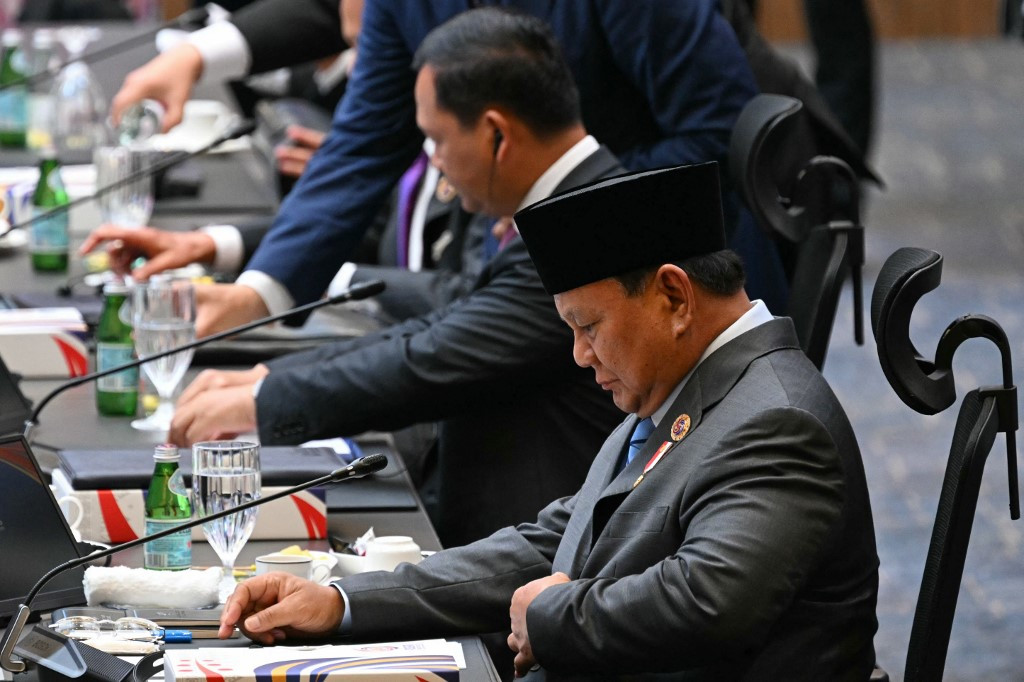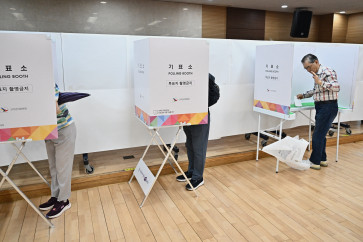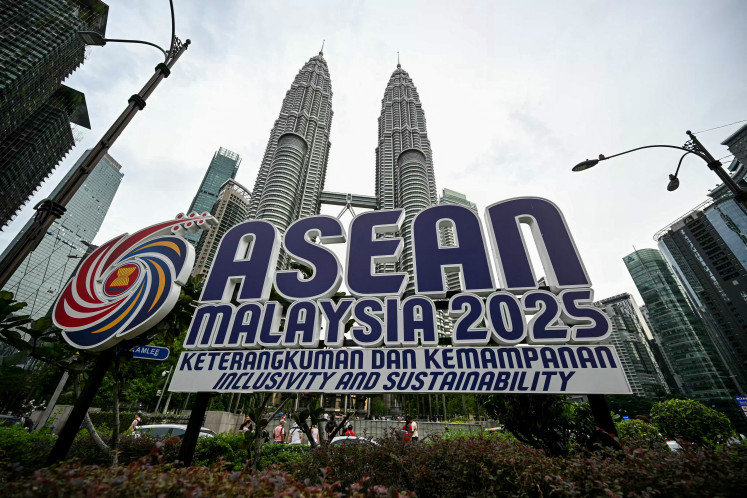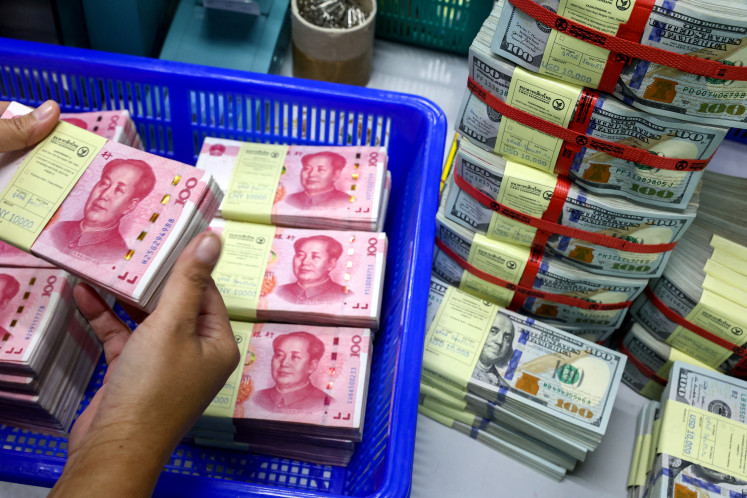Are hegemonies a relic of the past?
From Athens to the British Empire and on to the US, dominant powers have used might and consent to exert influence.
Change text size
Gift Premium Articles
to Anyone
 Multilateral meeting: President Prabowo Subianto attends the plenary session of the 46th ASEAN Summit on May 26 in Kuala Lumpur. (AFP/Jam Sta Rosa)
Multilateral meeting: President Prabowo Subianto attends the plenary session of the 46th ASEAN Summit on May 26 in Kuala Lumpur. (AFP/Jam Sta Rosa)
T
he era of US hegemony has come to an end, or so declare headlines emanating everywhere from Tehran to Washington. But what does that mean?
The concept of hegemony has been central to international relations since the advent of the field. In addition to being a measure of state power, hegemony reflects the ability of a single nation to influence both the actions of others and the rules, norms and institutions that govern international politics.
It’s this dynamic mix of coercion and consent that makes hegemony distinct from mere dominance and highlights the complexities of maintaining leadership in a contested world.
The term hegemony originates from the Greek hegemon, meaning leader or guide. It was initially applied to the dominance of one city-state over others.
In ancient Greece, Athens exemplified hegemony in its leadership of the Delian League of city-states, where it combined military superiority with political influence to direct the actions of its allies.
While this dominance involved coercive power, primarily Athens’ naval strength, it also relied on consent, as the league’s members benefited from collective security and economic ties.
The modern understanding of hegemony emerged during the 19th century as a way to describe Britain’s role in the global order.
Britain’s dominance was underpinned by its unparalleled naval power and economic leadership during the Industrial Revolution.
It was not, however, just material capabilities that made Britain a hegemon. The global trade networks it built and the norms of free trade it championed established a system that other nations, mainly in Europe, accepted, often because they too benefited from the stability and prosperity it provided.
This era demonstrated how hegemony involves more than coercion. Indeed, it requires a dominant state to shape an international order that aligns the interests of others with that of the dominant nation.
Antonio Gramsci, the early 20th-century Italian Marxist theorist, expanded the concept of hegemony beyond international relations into a class analysis. He argued that hegemony involves not only coercive power of the dominant class but also the ability to secure consent by shaping cultural, ideological and institutional norms.
Applied back to international politics, this means that a hegemonic nation’s dominance is sustained by creating a system that others perceive as legitimate and beneficial, not just through military or economic might.
In the 20th century, the United States emerged as the quintessential modern hegemon, particularly after World War II. US hegemony was defined by its material power, including unmatched military strength, economic dominance and technological leadership, but also by an ability to construct a liberal international order that aligned with its interests.
The Marshall Plan, which facilitated postwar Europe’s economic recovery, exemplified the combination of coercion and consent: The US provided resources and security guarantees but also set the terms for participation, embedding its leadership within the system.
Into this mix, the Soviet Union emerged as a secondary hegemon, establishing its own equivalents to the US aid program through the Molotov Plan and an alternative order to exert influence among the world’s socialist countries.
Defenders of hegemonies argue that a dominant power is necessary to provide public goods such as security, economic stability and rule enforcement. And thus the decline of a hegemon can often lead to instability.
Yet critics argue that hegemonic systems often mask the self-interest of the dominant state, using consent to obscure coercion. For instance, while the US-led order promoted free trade and democracy, it also advanced US strategic priorities, sometimes at the expense of weaker states.
And hegemony is difficult to maintain in the long run. Those that rely too heavily on coercion risk losing legitimacy, but excessive reliance on consent without the backing of power can undermine the hegemon’s ability to enforce rules and protect core interests.
In today’s multipolar world, the concept of hegemony faces new challenges. The rise of China, along with regional powers such as Turkey, Indonesia and Saudi Arabia, has disrupted the unipolar dominance of the US
These would-be regional hegemons bring with them their own means of imposing influence through economic incentives and coercion. In China’s case, infrastructure and trade development through the Belt and Road Initiative is counterbalanced with shows of military strength in the South China Sea.
As the global order becomes increasingly fragmented, the future of global hegemony is uncertain. While no single power currently has the capacity to dominate the international system, the need for leadership remains critical. Many observers would argue that issues such as climate change, technological regulation and pandemic responses require coordination that only a hegemonic or collective leadership framework can provide.
Whether hegemony evolves into a more shared model of leadership or gives way to a more anarchic system could shape the trajectory of international relations in the 21st century.
---
The writer is a professor of political science at Macalester College. The article is republished under a Creative Commons license.










